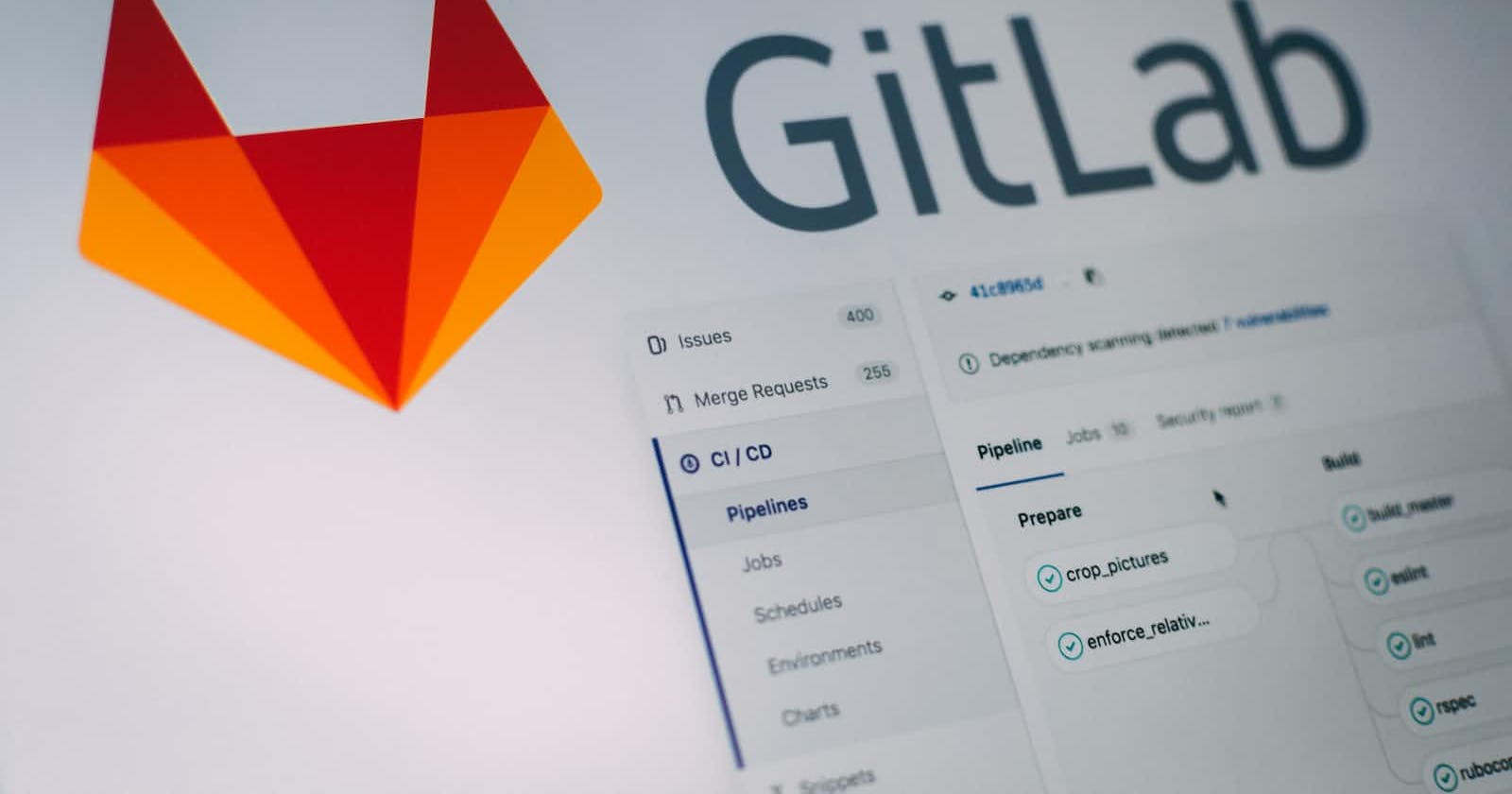Hello and welcome to Day 7 of our journey through GitLab CI/CD. Today, we're going to cover one of the most powerful features of GitLab CI/CD – environments.
What is an Environment?
In GitLab, an environment is a place where code gets executed. It could be a staging environment, a production environment, a test environment, or any other type of deployment that your application needs.
Environments are not just limited to different servers or clusters, but can be anything ranging from different sections of your application to different geographical locations. GitLab keeps track of each environment and the deployments within it.
Defining an Environment
You can define environments in your .gitlab-ci.yml file using the environment keyword. Here's an example:
deploy_to_staging:
script: ./deploy-to-staging.sh
environment:
name: staging
In this example, the deploy_to_staging job will run the deploy-to-staging.sh script, which deploys the code to the staging environment. The environment keyword is used to tell GitLab that this job deploys to the staging environment.
Using Multiple Environments
For more complex applications, you might have multiple environments. Here's how you could define jobs to deploy to both staging and production environments:
deploy_to_staging:
script: ./deploy.sh staging
environment:
name: staging
deploy_to_production:
script: ./deploy.sh production
environment:
name: production
url: https://my-production-app.com
In this example, the deploy.sh script is used for both jobs, but with a different argument for each environment. The production environment also has a url defined, which GitLab will link to from the environments page.
Viewing Environments
You can view your environments by going to Operations > Environments in your GitLab project. Here, you'll see a list of all environments, along with the most recent deployment to each environment.
That's all for today! You've learned about environments and how they can be used to manage different deployment environments. Tomorrow, we'll cover another powerful feature of GitLab CI/CD - pipelines for merge requests. Stay tuned!

